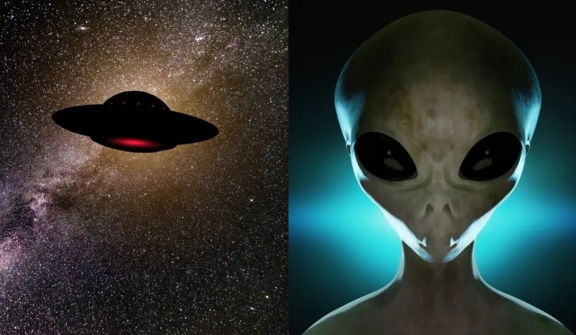
Recently, a new idea has surfaced suggesting a dark reason for the lack of contact.
The theory revolves around powerful bursts of energy called gamma-ray bursts (GRBs) that could have wiped out alien civilizations.
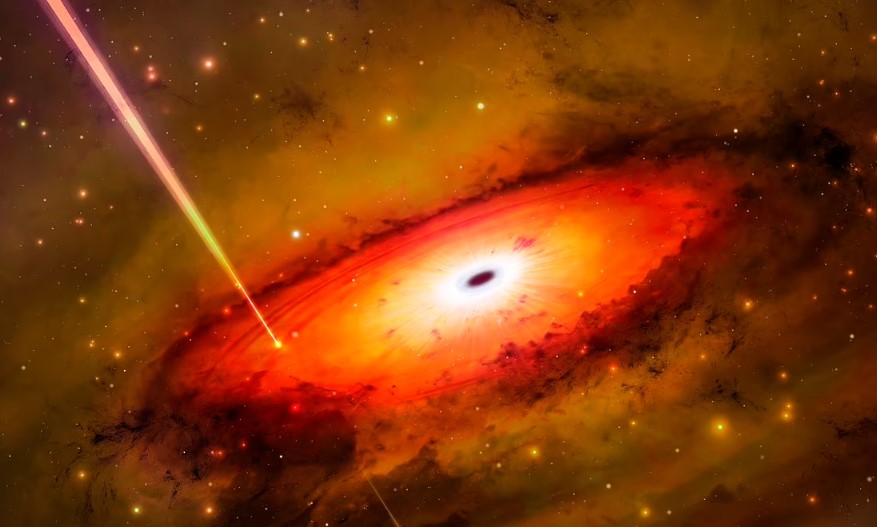
According to an astronomy professor named Dr. Frederick Walter, the absence of alien contact with Earth could be attributed to the destructive nature of gamma-ray bursts (GRBs).
These powerful explosions, observed in distant galaxies, occur when massive stars collapse, emitting an intense burst of radiation.
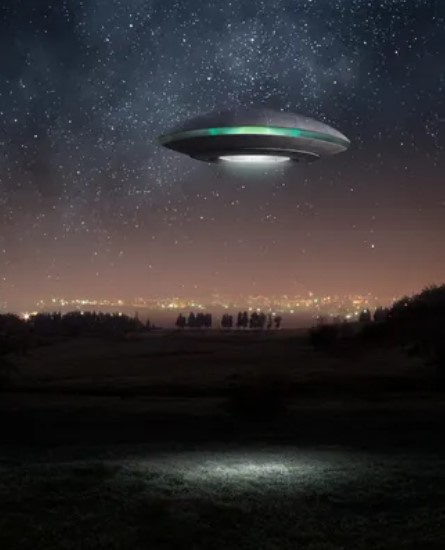
Dr. Walter suggests that these tightly focused beams of energy, if directed through the plane of the galaxy, could potentially sterilize a significant portion of planets within the galaxy.
GRBs, known as extremely strong explosions in space, are even brighter than our Sun by an unimaginably large number. These bursts have the power to completely destroy entire civilizations of extraterrestrial beings.
Fortunately, the research conducted by NASA's orbital Compton Gamma-Ray Observatory indicates that GRBs are relatively rare in our Milky Way galaxy, thus keeping us relatively safe.
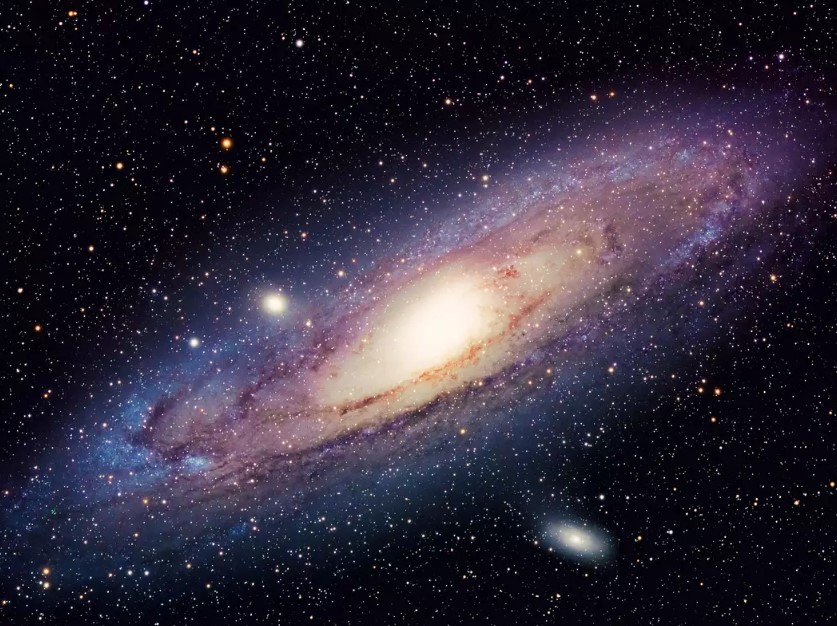
These bursts are more commonly observed in younger galaxies that are still undergoing the process of star formation or stellar collapse.
While Dr. Walter estimates that there may have been 45 to 450 GRB events in the 4.5 billion-year history of our planet, some scientists have theorized that certain mass extinctions in Earth's past, such as the Ordovician and Devonian events, could have been caused by GRBs or black-hole phenomena.
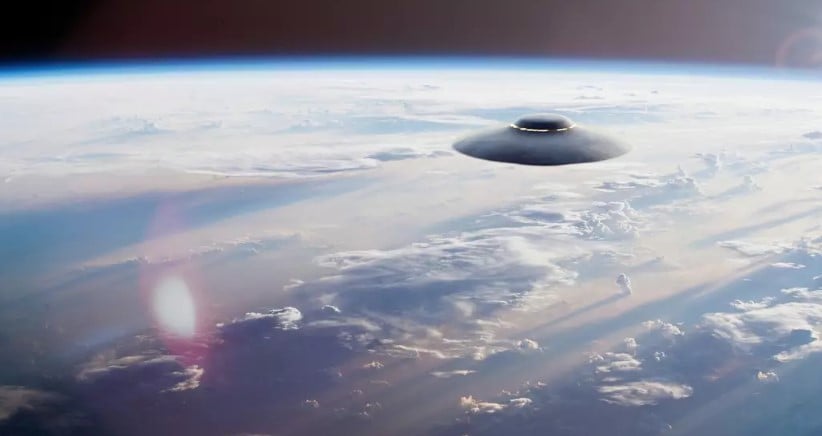
However, Dr. Walter reassures us that the risk of a GRB hitting our planet is minimal, as they are infrequent and directed events.
There are other ideas to consider. It's possible that alien civilizations faced similar challenges as humanity, where their technological progress surpassed their wisdom, resulting in their downfall.
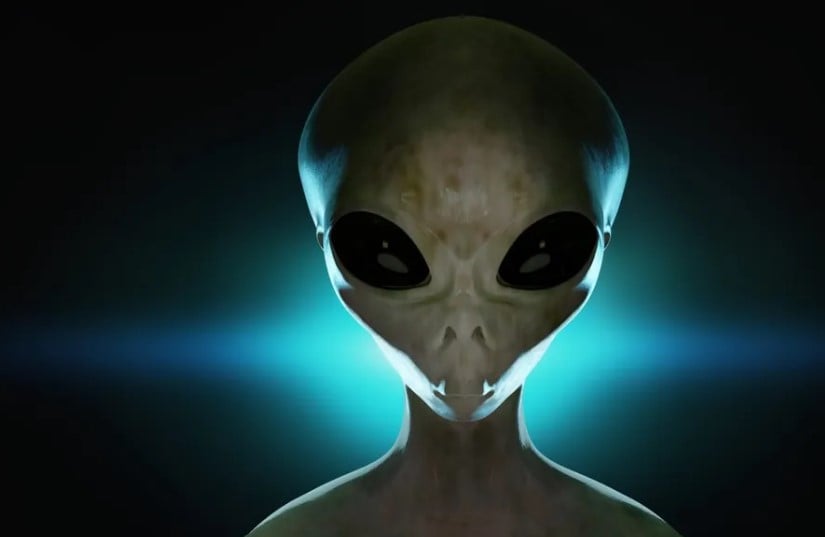
Dr. Walter admits that there is a lot of speculation in this area.
While the prevailing theory proposes that we are the only advanced civilization, we must remember that our existence is relatively new in the vast timescale of the universe.




